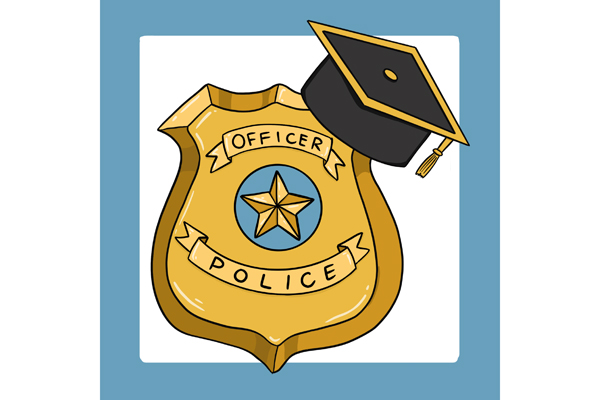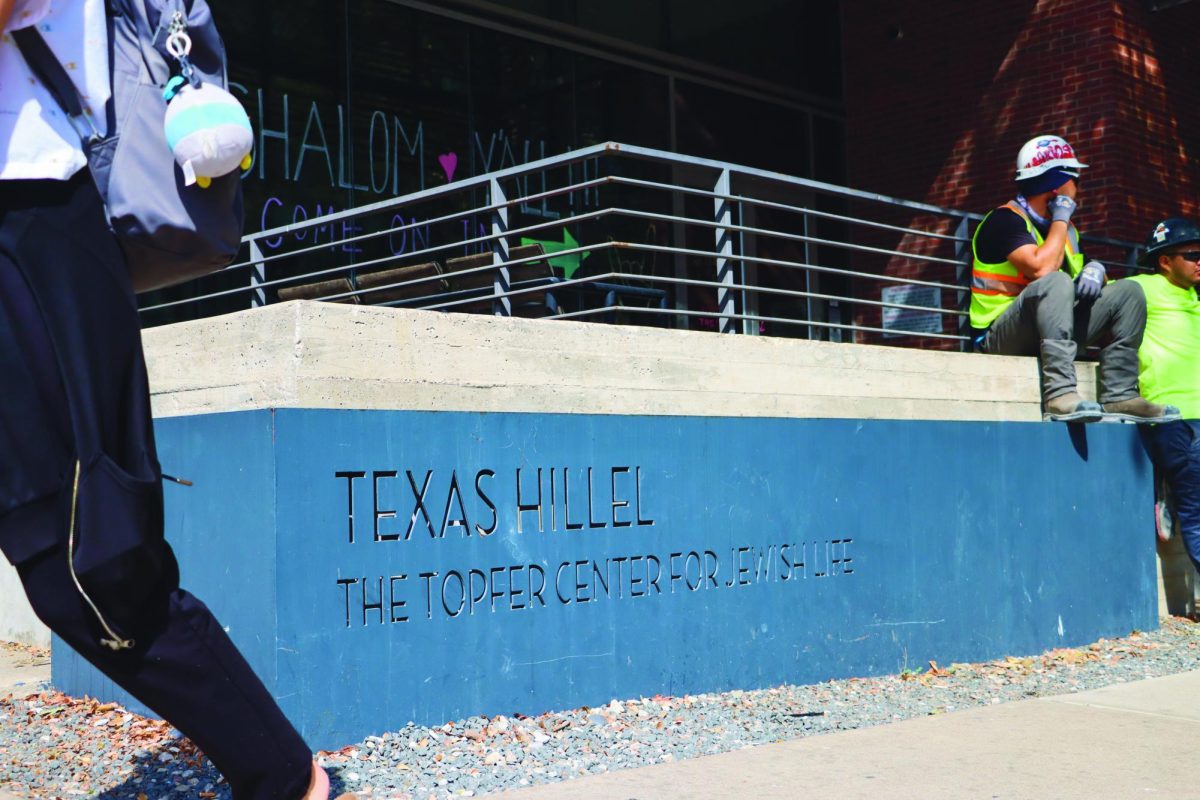UT Police Department officer Dustin Farahnak responds to 911 calls between attending Texas Law classes, interning with the Travis County District Attorney, studying for the bar exam in July and caring for his 9-month-old daughter.
Farahnak is a veteran and received the Hazelwood exemption, which waives his law school tuition fees. Farahnak said he amassed a significant amount of debt from undergraduate school and paid it off in full, but he said a loan assistance program would have helped significantly in managing his situation.
A student loan assistance program, which will start accepting online applications in September, will provide peace officers hired after Sept. 1, 2019, with up to $20,000 in aid over five years. The program aims to recruit more educated officers and encourage existing forces to pursue an education, state Rep. Lynn Stucky said.
Senate Bill 16, passed in the 86th Texas Legislature session last year, mandates that the Texas Higher Education Coordinating create the program. Stucky sponsored the bill.
Farahnak said receiving an education is essential for police officers to be able to relate to a person in crisis or a person experiencing homelessness.
“Especially here at UTPD, we work in an environment surrounded by a lot of educated people (and) a lot of stress,” Farahnak said. “For us to do a good job, it really helps that we are incorporated into the community.”
Stucky said police departments and associations he has spoken to told him they were short-staffed.
“Over time, it was evident that it is harder to recruit people into police work,” Stucky said. “Houston is almost 1,000 officers short, Dallas is almost 800 short. When you start looking at the history, 52% of peace officers had a four-year degree (20 years ago). Today, only 34% of them have a four-year degree.”
At a Feb. 11 hearing with the Texas House Higher Education Committee, Charles Contéro-Puls, the board’s deputy assistant commissioner for student financial aid, presented a progress report of the program. He said the board launched the official webpage in January, and they will be promoting the program to law enforcement agencies and higher education institutions starting in April.
Contéro-Puls said the bill allocates $4 million in general revenue for up to 1,000 individual awards in the first year, but that might not be enough.
“We are not really sure what the demand for the program is going to be right now, but we know that over 12,000 new peace officer licenses are issued each year, so we are guessing that the demand might exceed the available funding,” Contéro-Puls said.
Farahnak said this investment in educated police forces will help society overall, not just police officers.
“Those things are so important in shaping the kinds of police departments we want versus the kind of police departments we see sometimes that have a lot of police officers that are not part of the community,” Farahhnak said.





















